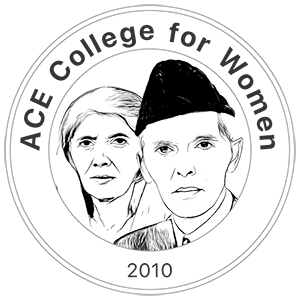Effects of Fadama (NG-CARES) Program on Income of Poultry Farmers in South Western Nigeria
| Received 20 Mar, 2023 |
Accepted 04 Aug, 2023 |
Published 30 Sep, 2023 |
Background and Objective: The COVID-19 pandemic, lock downs and trade restrictions are a worldwide health emergency that has a significant impact on the economy. This study examined the effects of the NG-CARES program on poultry production in the study area. Materials and Methods: Multistage sampling techniques were used to collect data from 120 poultry farmers. Data were analyzed using Descriptive Statistics, Gross Margin Analysis and Logistic Regression to examine the socioeconomic traits of poultry farmers who participated in the NG-CARES program, assessed the extent of their access to the program, calculated their profitability as a result of the program, looked at how much money they realized during the program and estimated the barriers to their participation in the program. Results: The mean age of poultry farmers involved in the NG-CARES program was 48 years. 83.3% were married, 75.8% are educated and had mean farming experience of 10 years. The factors that influenced the use and access of the NG-CARES program were household size, poultry association, education, experience, age and marital status with pseudo-R2 0.4491. The results of the gross margin indicated that NG-CARES beneficiaries had a higher average Gross Margin than non-beneficiaries, documenting a difference of about ₦1,270,710.00 and establishing that it increases the gross margins of poultry farmers. Conclusion: The study concluded that the NG-CARES had effects on the income of poultry farmers in the study area by enhancing the capacity of its beneficiaries to realize an increase in output, subsequently their income. Therefore, it should be replicated in other parts of the country.
How to Cite this paper?
APA-7 Style
Adio,
M.O., Opaluwa,
H.I., Ayeni,
M.D., Moyinoluwa,
F.P. (2023). Effects of Fadama (NG-CARES) Program on Income of Poultry Farmers in South Western Nigeria. Trends in Agricultural Sciences, 2(3), 317-324. https://doi.org/10.17311/tas.2023.317.324
ACS Style
Adio,
M.O.; Opaluwa,
H.I.; Ayeni,
M.D.; Moyinoluwa,
F.P. Effects of Fadama (NG-CARES) Program on Income of Poultry Farmers in South Western Nigeria. Trends Agric. Sci 2023, 2, 317-324. https://doi.org/10.17311/tas.2023.317.324
AMA Style
Adio
MO, Opaluwa
HI, Ayeni
MD, Moyinoluwa
FP. Effects of Fadama (NG-CARES) Program on Income of Poultry Farmers in South Western Nigeria. Trends in Agricultural Sciences. 2023; 2(3): 317-324. https://doi.org/10.17311/tas.2023.317.324
Chicago/Turabian Style
Adio, Matthew, Olufemi, Haruna Ibrahim Opaluwa, Matthew Durojaiye Ayeni, and Falebita Promise Moyinoluwa.
2023. "Effects of Fadama (NG-CARES) Program on Income of Poultry Farmers in South Western Nigeria" Trends in Agricultural Sciences 2, no. 3: 317-324. https://doi.org/10.17311/tas.2023.317.324

This work is licensed under a Creative Commons Attribution 4.0 International License.



